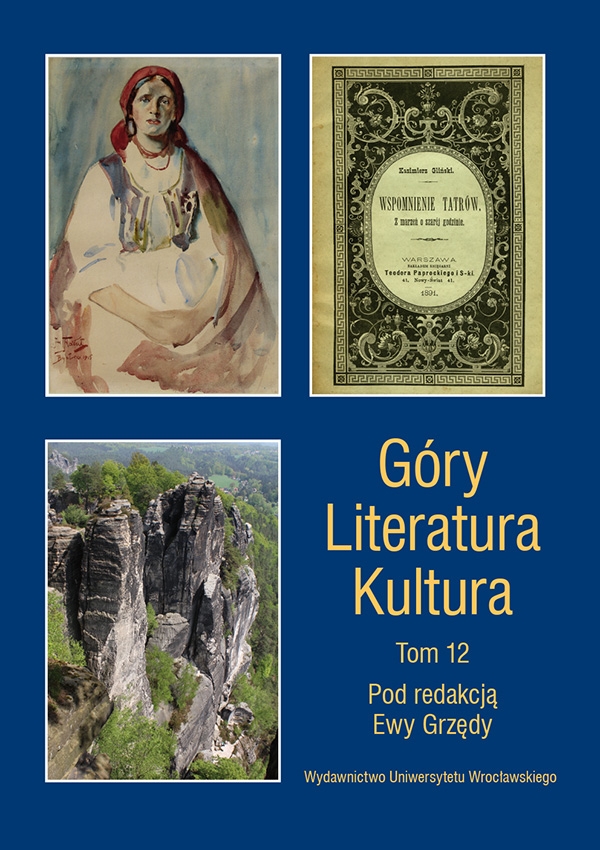

Articles and dissertations

Crossing the border. A Romantic journey and test of Prussianness in the pre-March period: Václav Vladivoj Tomek’s wanderings in the Silesian-Czech borderland
In the article I analyse, using a specific example from 1830, the identity-shaping perception of the mountains as a border at a time of Czech national agitation. Drawing on the memoirs of a young Prague law student, Václav Vladivoj Tomek, later an eminent Czech historian, I present perception categories he used to reflect on the differences between societies and cultures along the Czech-Silesian Austrian-Prussian border and to discuss their links with the landscape. This is placed, on the one hand, in the context of the agitation phase of the Czech national movement in its early period, and on the other in the context of individual and collective processes of identification of a young man at a key stage of his personal development.
Tomek expressed his observations in the language of cultural, social and confessional diversity. In this he focused on the quality of life, architecture, faith with a tendency to exoticise Protestantism and partly also historical culture in Prussia. Significantly, there are no comments concerning the problem of the mismatch, so important in later years, between the state and the language border: the transition between predominantly Czech-speaking and predominantly German-speaking regions near the state border in this case the Broumov region is not even mentioned. The crossing of the border as a practice is not referred to either; the border is seen as a point, what is mentioned in its crossing are only state symbols. Although strong emotions are visible, the now nationally aware Tomek does not allude to national emotions state border, but to a Romantic view of the landscape accompanied by a fascination, typical of the period, with what is picturesque and extraordinary in the mountains, rocks, sights and traces of the past found in the mountains.